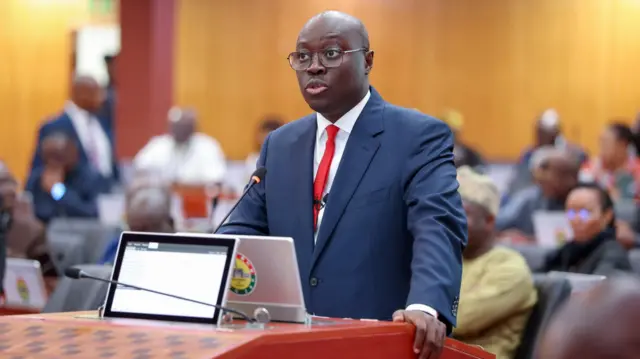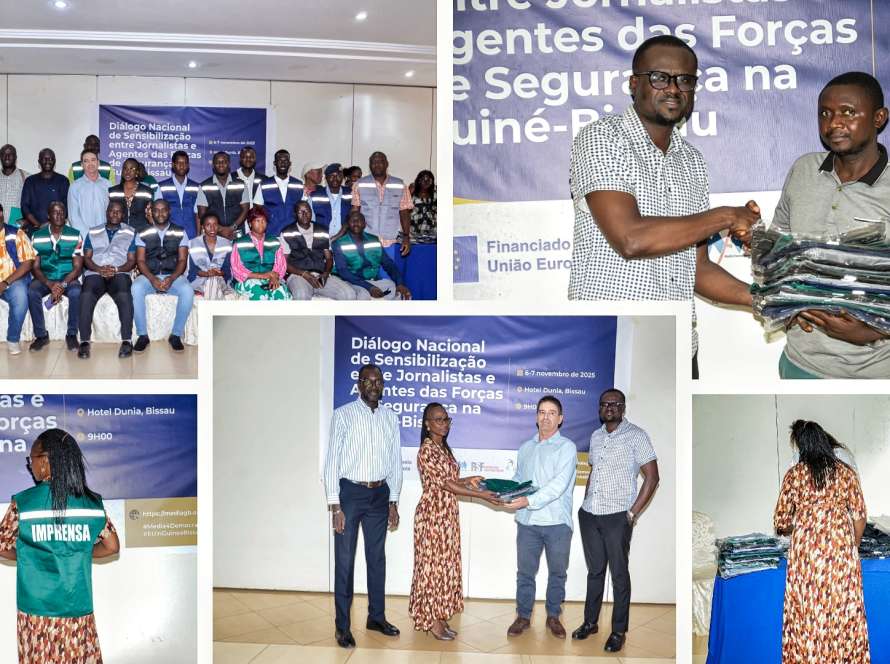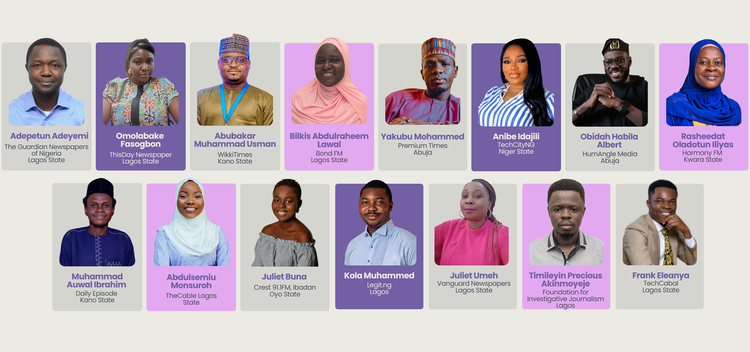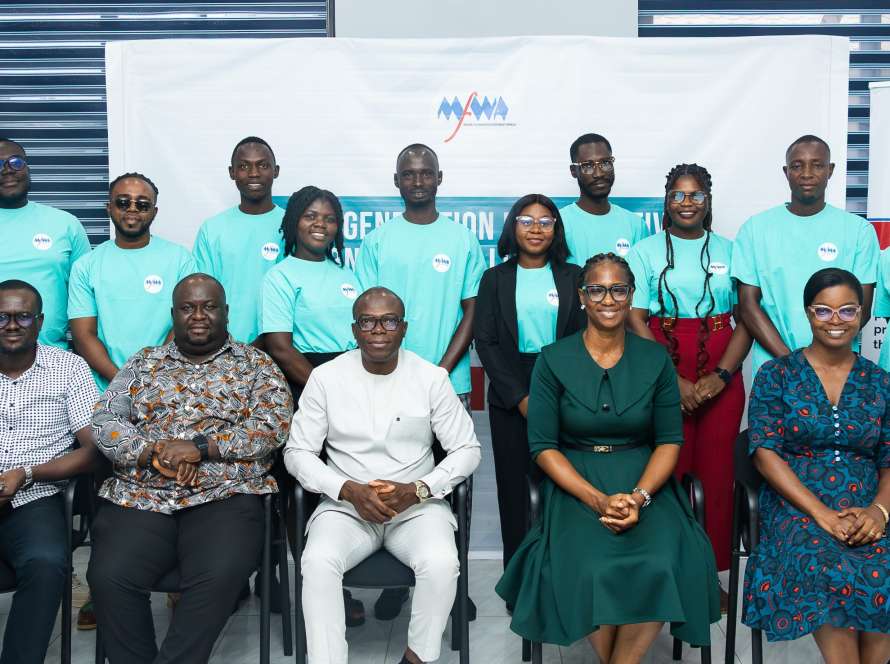The Media Foundation for West Africa (MFWA) notes with interest the Government of Ghana’s 2026 Budget Statement, presented by the Minister for Finance, Dr. Cassiel Ato Forson, which outlines significant commitments aimed at strengthening media regulation, deepening accountability, and improving public access to redress mechanisms within the media sector.
The MFWA welcomes these commitments as positive steps toward promoting media professionalism, safeguarding media freedom, and enhancing the overall regulatory environment. However, we emphasise that the true impact of these commitments will depend on sustained investment, institutional strengthening, and unwavering political will to ensure the independence and effectiveness of the National Media Commission (NMC).
Key Budget Commitments and MFWA’s Position
- Decentralisation of the Media Regulator’s Complaints Resolution Across the Regions
The MFWA commends the government’s intention to operationalise Regional Complaints Settlement Offices of the National Media Commission (NMC) across all 16 regions of Ghana. For decades, the centralisation of the NMC’s operations has limited its reach. A decentralised structure, if adequately resourced can significantly reduce delays in complaints handling and promote public confidence in regulatory processes. MFWA urges government to ensure adequate funding, training, and staffing to make these regional offices functional and effective.
- Introduction of Alternative Dispute Resolution (ADR) Mechanisms
The MFWA welcomes the plan to introduce ADR-compliant complaint procedures, supported by a Legislative Instrument. This mechanism will be particularly crucial during election periods, when timely and amicable resolution of disputes is essential for peace and stability.
ADR offers a non-adversarial approach that aligns with MFWA’s advocacy for dialogue-driven conflict resolution between media actors, traditional authorities, political actors, and community stakeholders. We call for transparent selection and training of mediators with strong expertise in media ethics and community dynamics.
- Review of Media Guidelines
The budget also commits to a comprehensive review of existing media guidelines in consultation with stakeholders. Ghana’s media landscape has evolved significantly with the rise of digital platforms, online advertising, and new technologies. MFWA supports this review and calls for broad, inclusive engagement with journalists, newsrooms, CSOs, and digital media actors to ensure modernised, practical, and rights-respecting guidelines.
- Introduction of a Ghana-Specific Media Freedom Index
The announcement that the NMC will develop a Ghana-specific Media Freedom Index represents a major step toward evidence-based media governance. A localised index can provide deeper, more context-sensitive insights into media independence, regional disparities, and structural challenges affecting journalist safety and professional practice. MFWA encourages the NMC to adopt a transparent, rigorous methodology and to ensure the independence of the index from political influence.
In conclusion, the MFWA acknowledges the government’s renewed commitment to strengthening media regulation and promoting media freedom through the 2026 Budget. These reforms, if implemented effectively, can contribute significantly to Ghana’s democratic consolidation and enhance the safety, professionalism, and independence of the media. However, implementation will be the ultimate test.
The MFWA calls on:
- Government to provide sustainable funding and safeguard the independence of the NMC
- The NMC to ensure transparency, inclusiveness, and professionalism in rolling out these reforms
- Media stakeholders and civil society to remain engaged, vigilant, and supportive of efforts to modernise Ghana’s media regulatory framework
The MFWA remains committed to working with all stakeholders to advance media freedom, strengthen regulatory systems, and promote accountable and democratic governance in Ghana.






